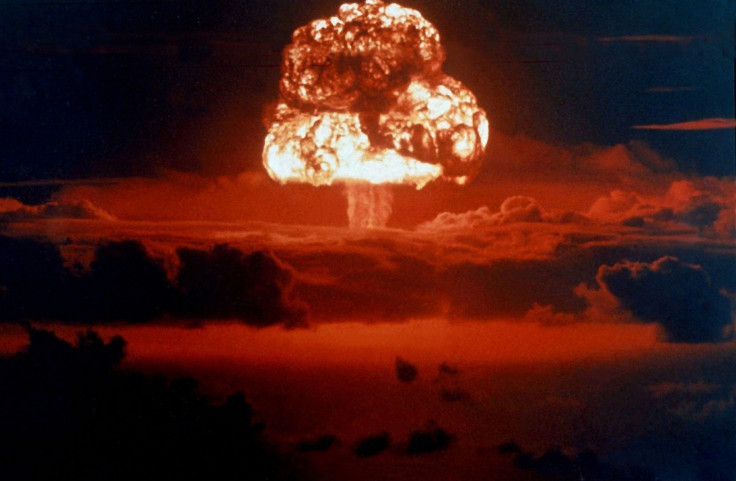Why you must stay away from hair conditioner after a nuclear blast
Waving your shiny, smooth hair goodbye could save your life.

In the event of a nuclear blast, using hair conditioner is a bad idea, according to the safety guidelines that Guam published following North Korea's missile strike threats.
The guidelines reference actions to take before, during and after a nuclear blast, such as taking shelter, stocking up on food and watching out for nuclear fallout.
What is nuclear fallout
Nuclear fallout consists of radioactive particles that radiate the debris, soil and other particulate caught in a nuclear blast.
It remains in the air long after the explosion and its shockwave have passed, and is impossible to avoid.
According to guidelines published by the US Department of Homeland Security, nuclear fallout is at its most dangerous to people during the two weeks after the blast, before it gradually loses its intensity.
According to the guidelines, which come from the US Department of Homeland security, some substances, such as components of hair conditioner and moisturiser, as well as the physical characteristics of human hair, act as a radiation magnet.
Hair can easily become contaminated with radioactive particles which would lodge themselves in the microscopic protein structures.
Regular soap and shampoo wash out the nuclear residuals just fine – in two to three meticulous showers – but conditioner doesn't have the same properties.
A conditioner is meant to stay on the hair to repair damage by smoothing the 'scaled' surface and filling the crevices on strands. By doing so, it will trap microscopic nuclear fallout particles within your hair structure, radiation safety expert Andrew Karam told NPR.
In other words, hair conditioner would bind the fallout to your head. Furthermore, because conditioner contains oily and sticky compounds, it acts as a fallout magnet.
Karam says that even though it's difficult to measure how harmful using conditioner in the aftermath of a blast would be, a good rule is to always keep your chances of contamination low.
"Radioactivity is like changing a diaper. You don't want it on you, but if you do get it on you, just wash it off and go on with your day," says Karam.
© Copyright IBTimes 2025. All rights reserved.






















